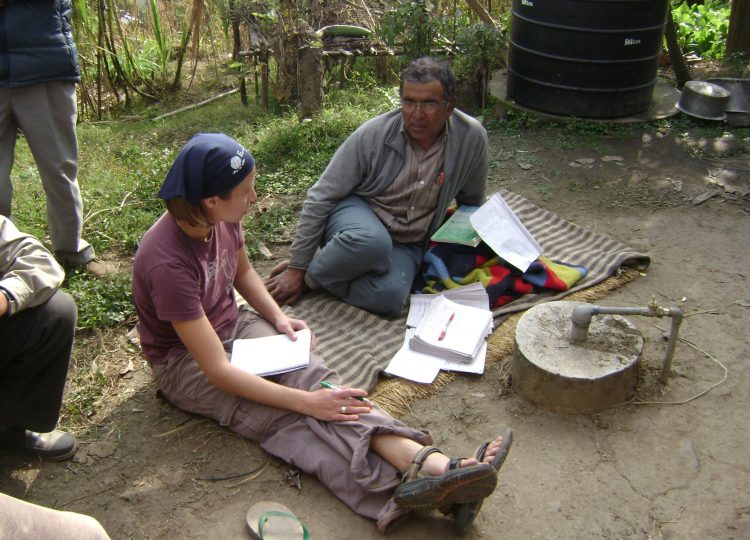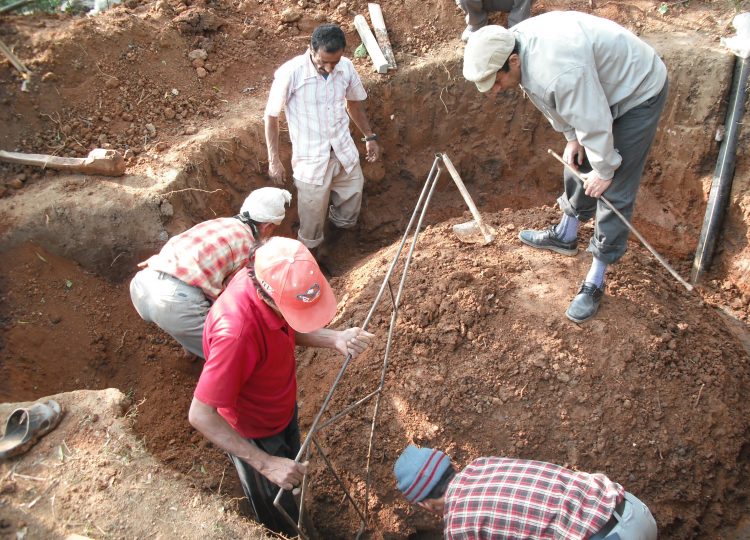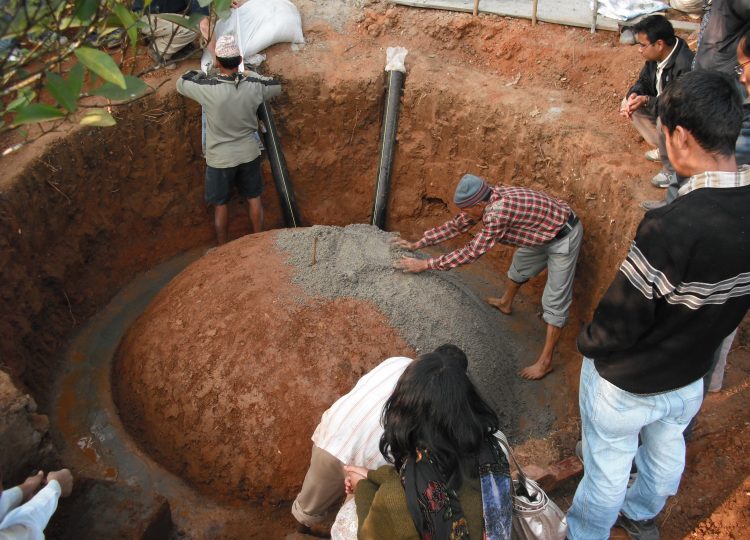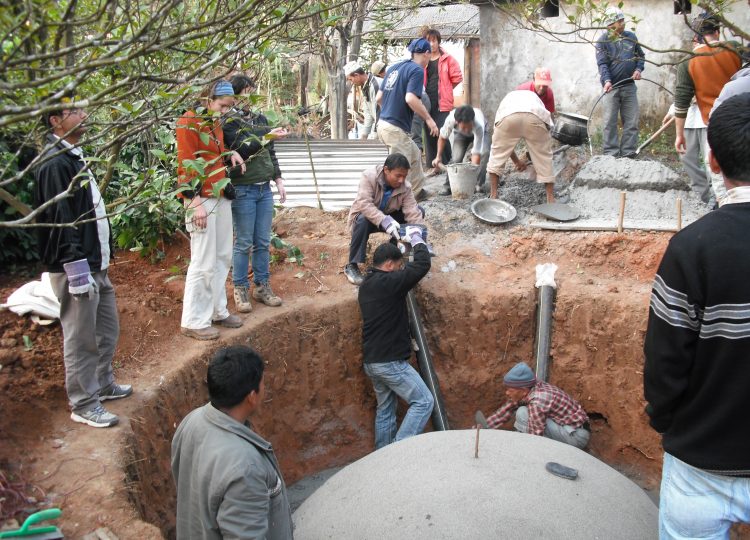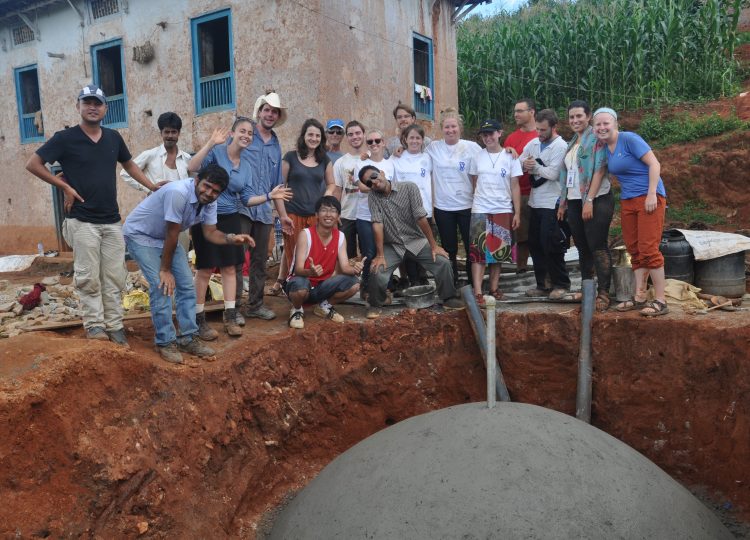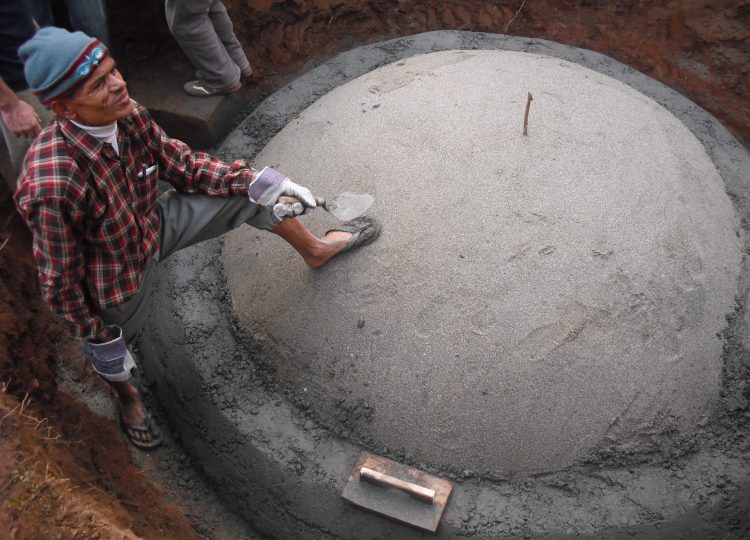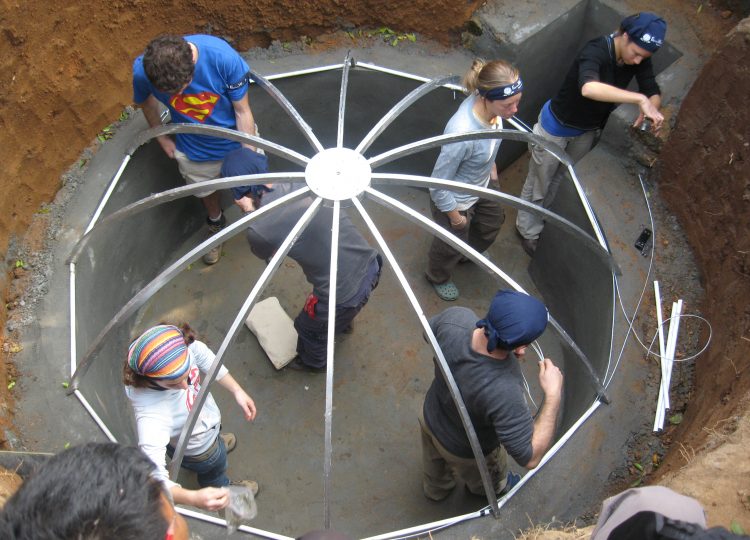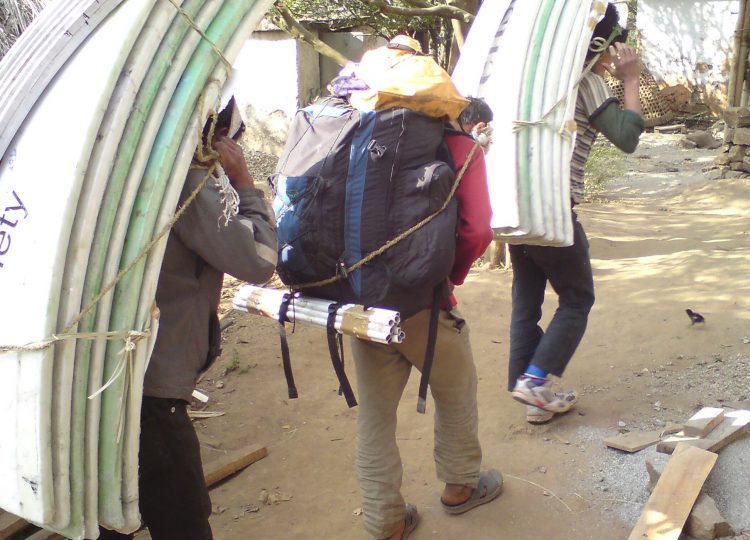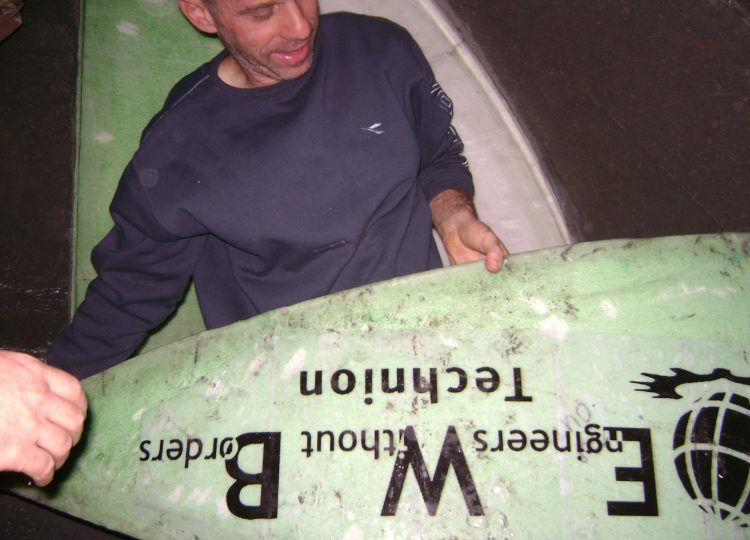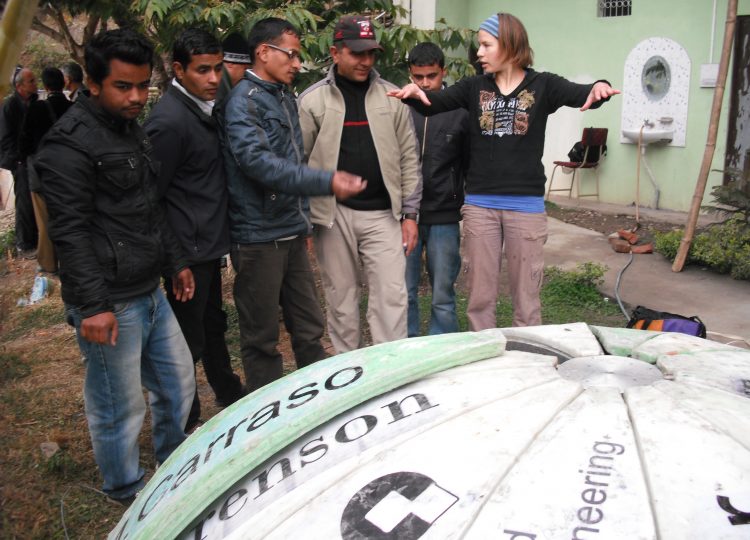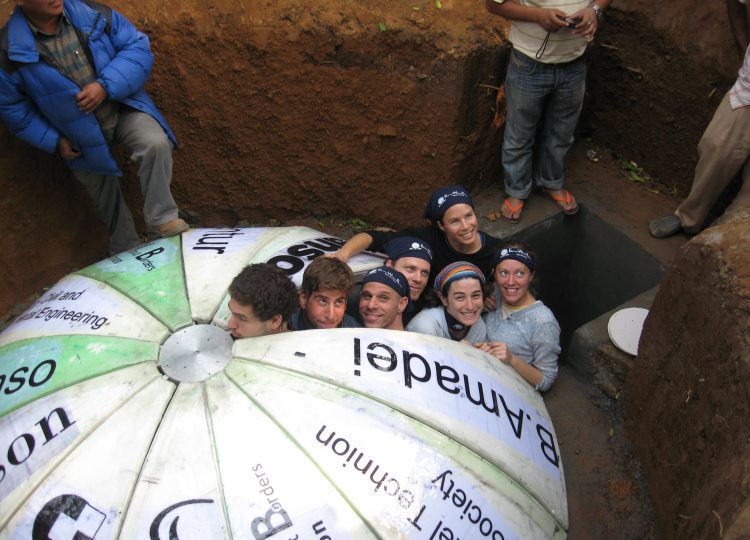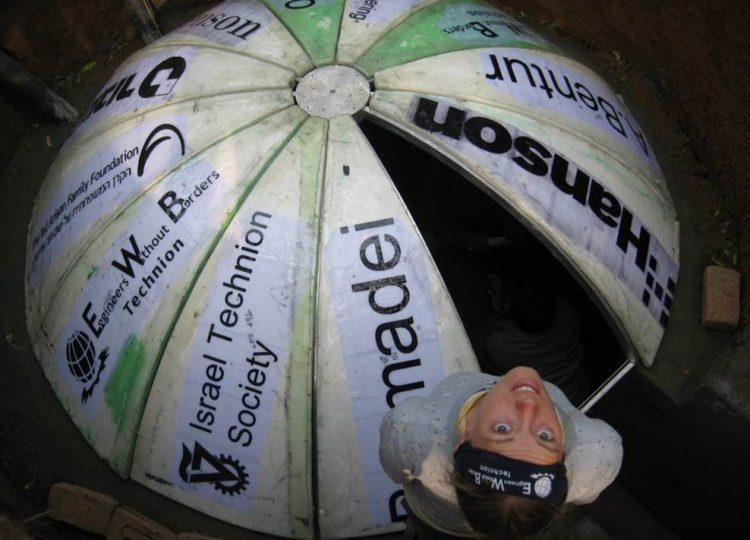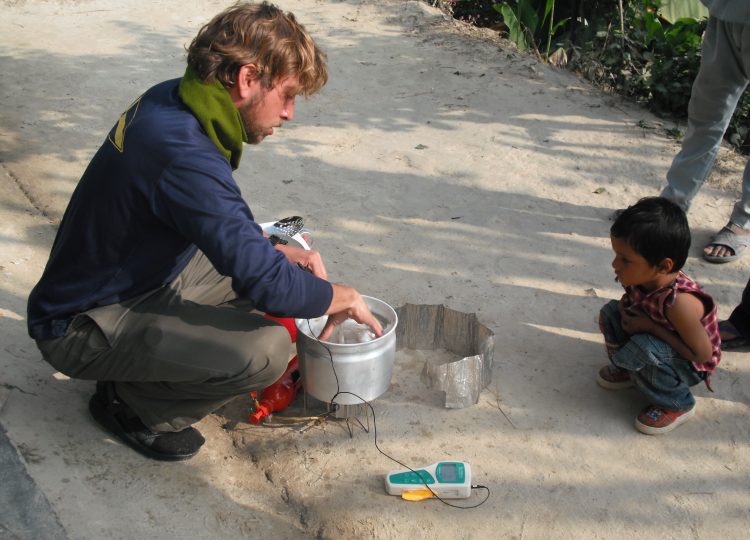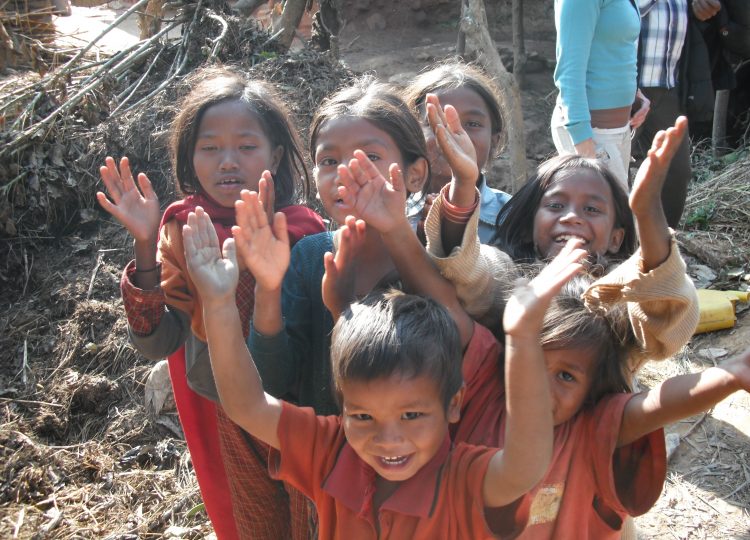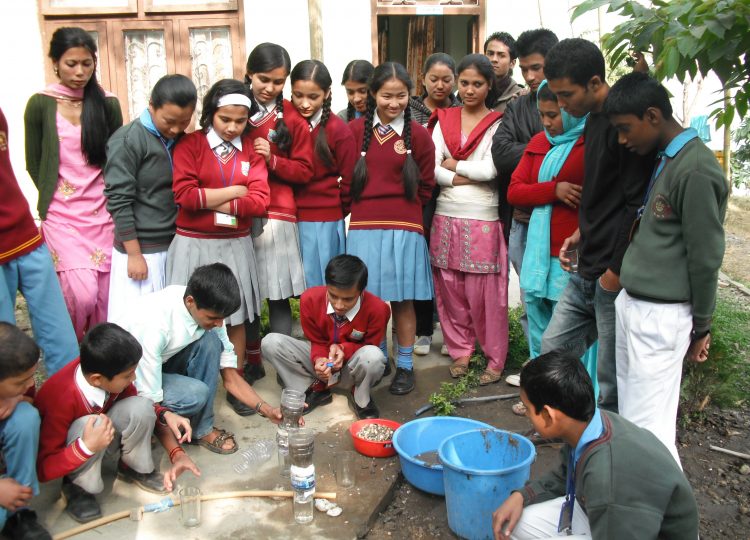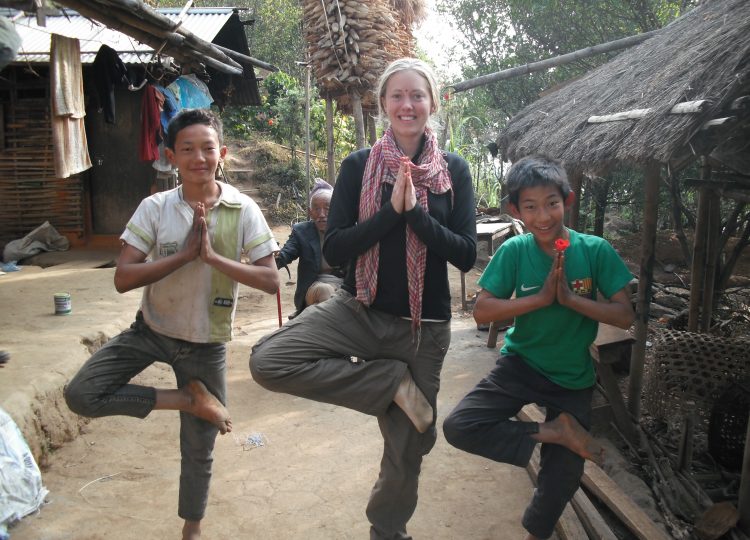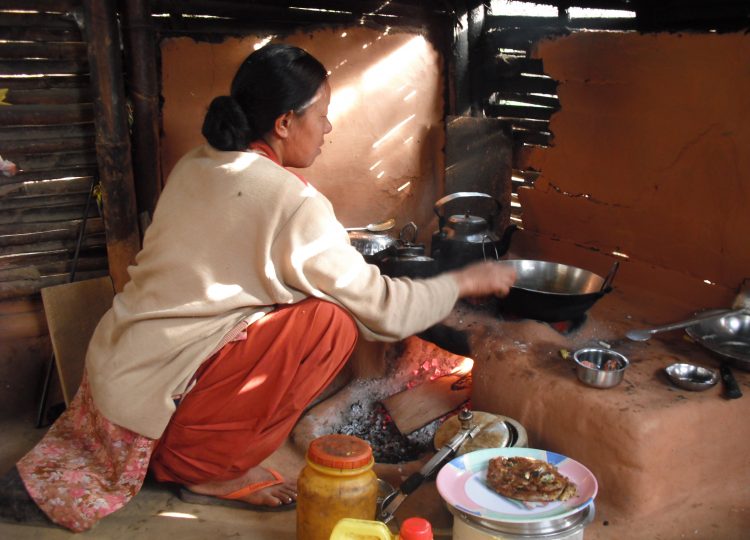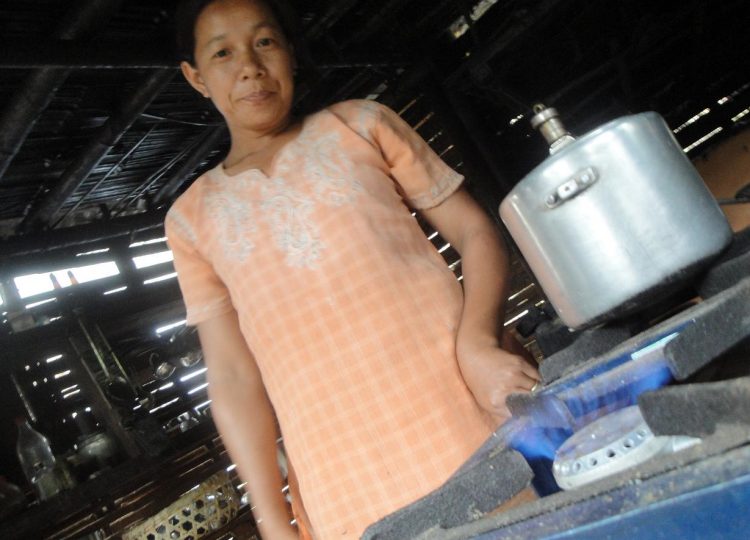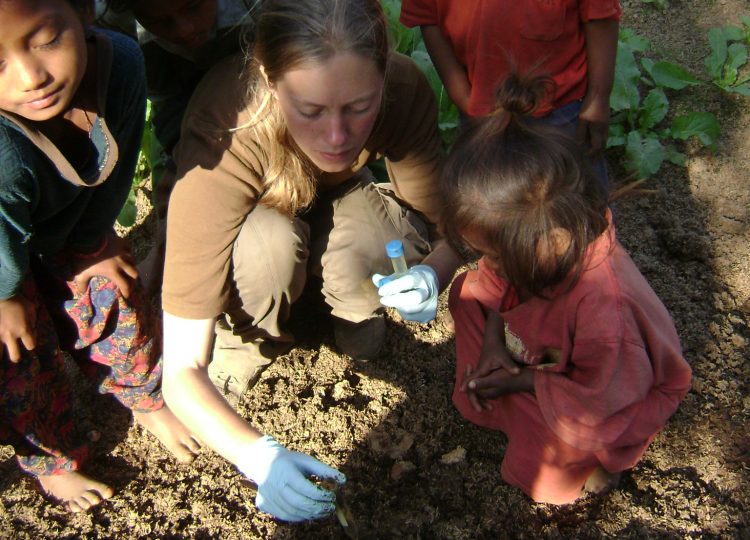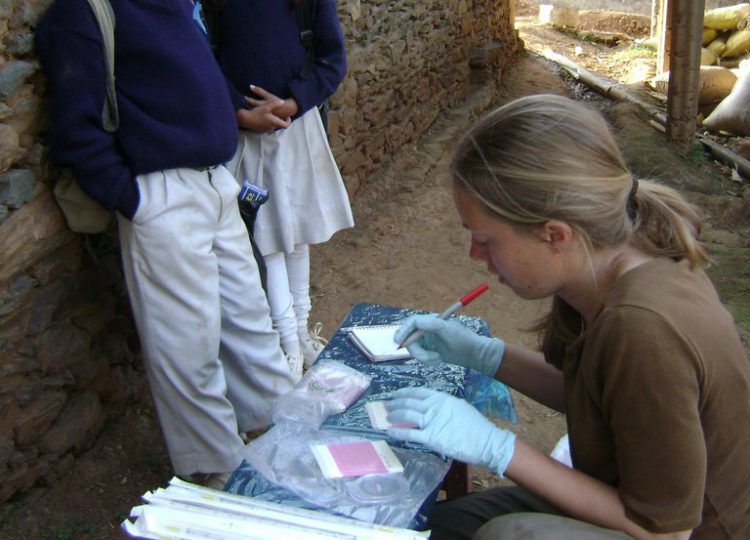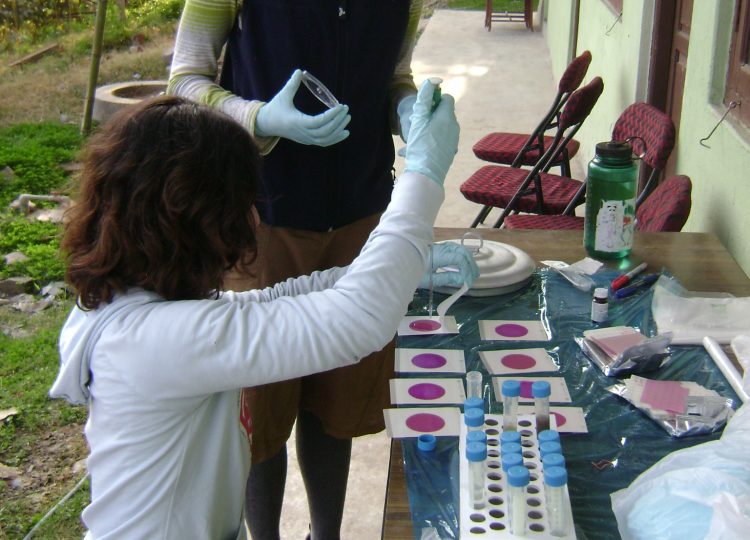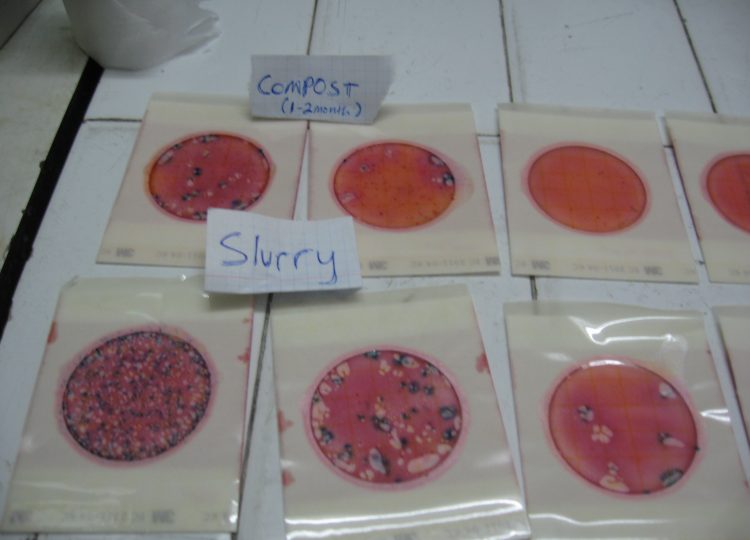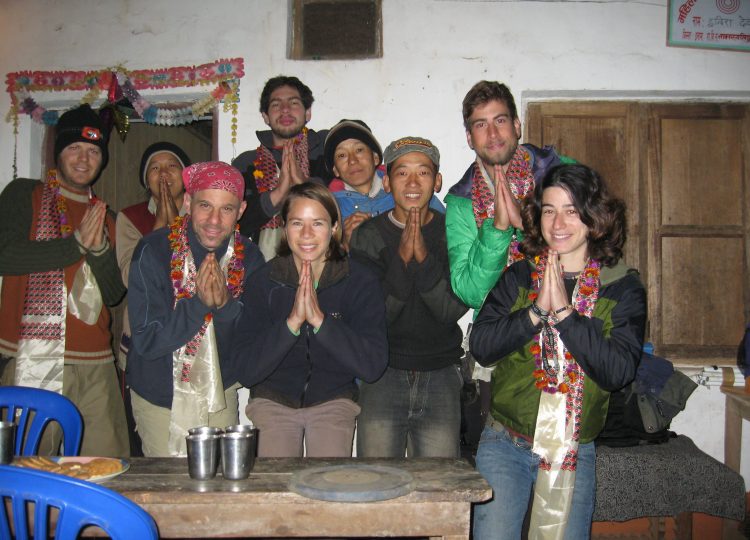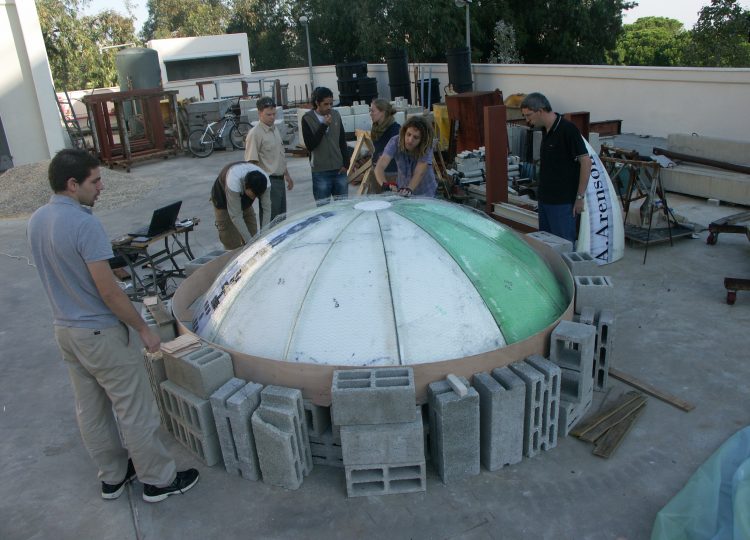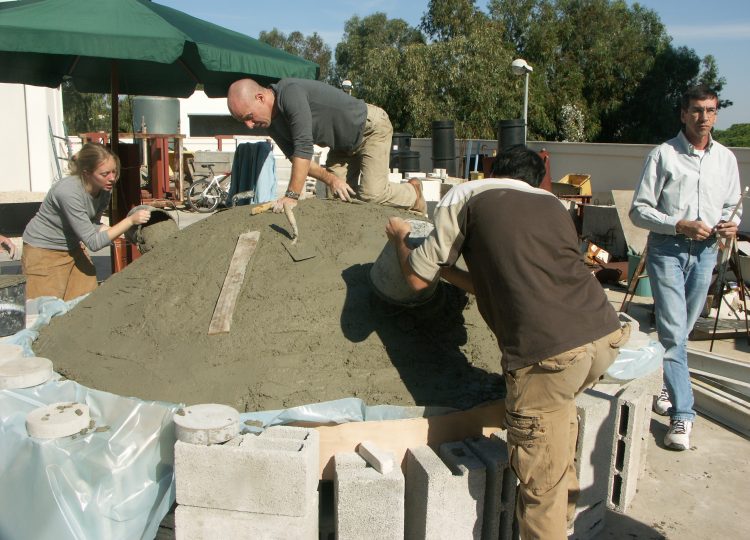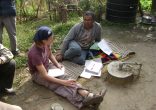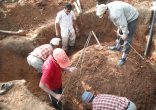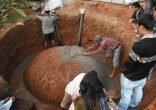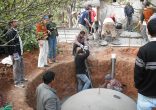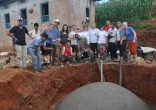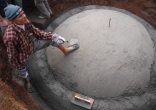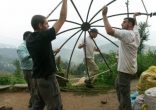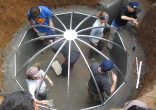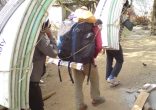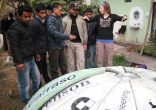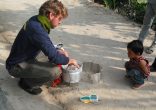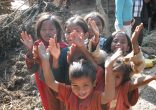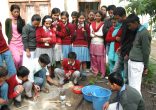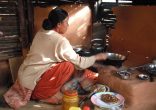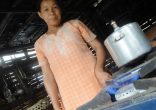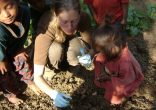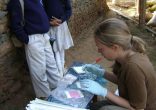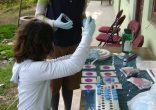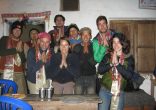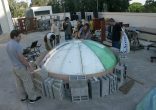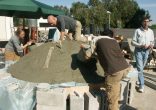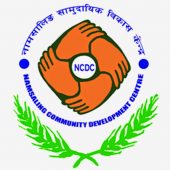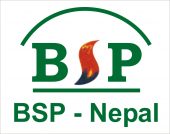Partners; community of Namsaling village, NCDC, BSP Nepal
Where: Namsaling village, Nepal
The group worked with the community on the issues caused by the over-usage of wood for the production of energy required for day to day life.
In December 2008 the group members made their first visit to the village with the help of EWB‐Colorado. The purpose was to get to know the community of Namsaling, to understand the needs and interests of the people, to build a relationship with local stockholders NCDC and BSP. After participatory process of appraisal and analysis the conclusion was that the root cause for most of the community’s issues was identified as lack of clean energy.
Traditionally, energy was produced by burning wood. This lead to several direct and indirect issues; indoor air pollution that causes a variety of respiratory, skin and eye conditions to all family members of a household. Wasted time effort and energy which was invested each day in gathering wood. Add to that the fact that local water needs treatment of boiling before drinking the amount of wood required increases resulting in advanced deforestation in the area and other negative influences to the environment. Our surveys lead to the figure of a staggering 12,000 kg of wood required per family per year.
The group together with the partners decided to develop and implement biogas reactors. The project was almost sustainable and based on semi-local technology that can generate enough fuel to replace burning of wood for the daily cooking requirement of a family. The group studied the traditional biogas reactors in Nepal and identified issues with the existed systems which could be improved; the construction method of the dome was laborious work, dangerous and time consuming. The lack of awareness on safe compost preparation in regards to ensuring pathogen reduction and quality control.
In 2010 the group, with the help of the community and partners implemented 29 household bioreactors in the village.
The household Biogas system was driven by supplying 40 kg of animal (cow) manure as fodder in the production of methane gas for daily cooking requirements of the family. The other product is fertilizer that can be used for agriculture.
By the end of the partnership, 99 such biogas systems were installed together with the community, each supply enough fuel for the cooking requirements of a family each day.
But the impact was bigger than that, as part of the groups monitoring and evaluation process, surveys that were performed in the village showed the following outcomes:
- Reduce in use of firewood. That decreased deforestation and had other impacts as reduction in associated issues of soil erosion and greenhouse gas emissions. According to our surveys the average amountof firewood used by a family reduced by 7,000 kg.
- Community members spent less time collecting firewood.
- Decrease in waterborne contamination of surface water which is the single water source for the village. As the animal manure used for biogas.
These observations illustrate the success of the project, and allowed the group to leave the knowledge and tools to the community and to continue without the help of EwB-Technion.
Hear and see more about the partnership and project in the following video;





